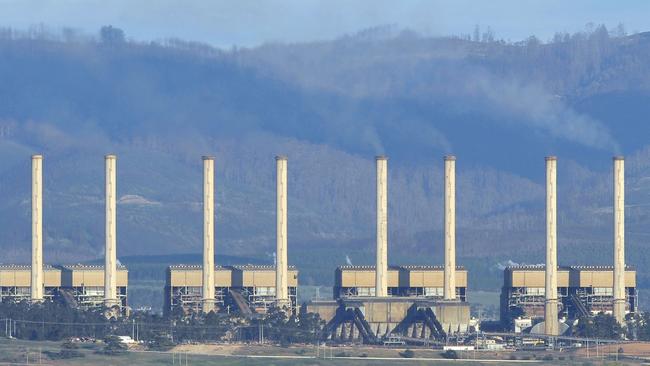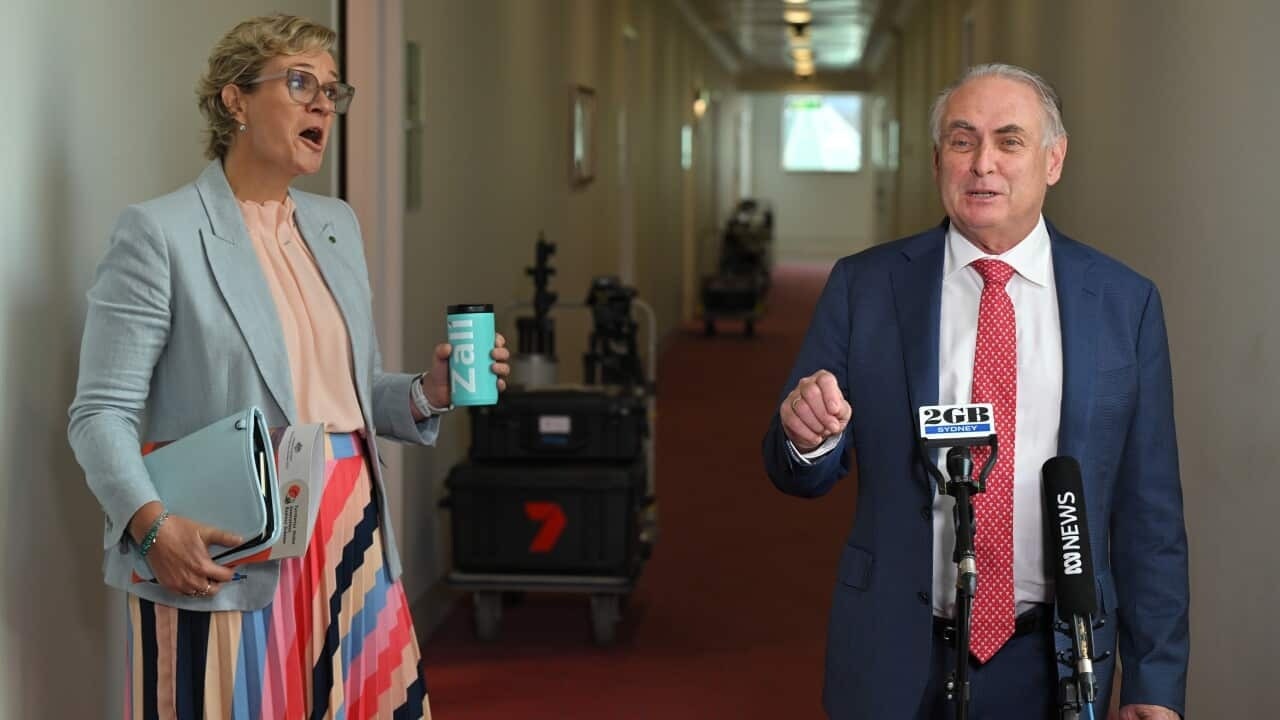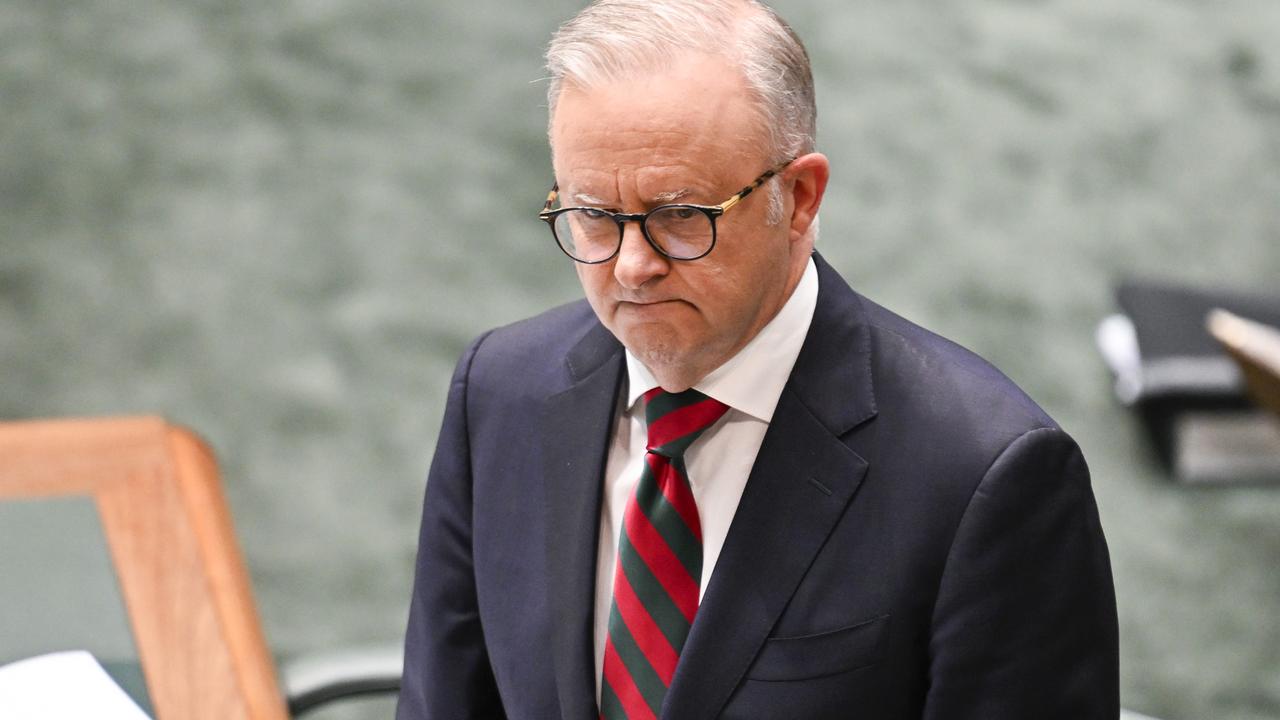ALP carbon credits push risks $10bn tax loss
Tax deductions for carbon credits purchased to meet Labor’s ambitions could punch a $10bn budget hole.

Company tax deductions for international carbon credits purchased to meet Labor’s climate change ambitions could punch a $10 billion hole in the federal budget over the next 10 years due to the potential loss of tax revenue.
Bill Shorten yesterday admitted there would be a taxpayer cost attached to his 45 per cent emissions reduction target, but said it would be cheaper than the Coalition’s $3bn Climate Solutions Fund. However, analysis of expert forecasts for a future international carbon price shows the budget could be exposed to company tax revenue losses.
Under Labor’s policy, 250 companies that have emission reduction obligations under an expanded safeguard mechanism would be allowed to purchase domestic and international carbon credits to offset those emissions they could not reduce.
Labor climate change spokesman Mark Butler has said companies would be more likely to buy domestic credits — ACCUs — under Labor’s policy to bolster the domestic market. However, Labor has not yet set a limit on the amount of international credits that could also be purchased.
A Labor campaign spokeswoman said there were no plans under its policy to change the tax treatment of carbon credits.
The government claims a conservative estimate of a 25 per cent allowance for international credits based on a carbon price of between $70 and $145 by 2030 would require an estimated $35bn in credits to be purchased by Australian companies over the decade.
This would lead to a loss of tax revenue to the government of $10.5bn based on the current 30 per cent company tax rate that applies to the largest companies.
A $60 price allowing for 50 per cent of international credits would produce similar figures.
The Commission on Carbon Prices, chaired by Nobel Prize winning economist Joe Stiglitz and British economist Lord Nicholas Stern, in 2017 forecast a carbon price by 2030 of between $US50 and $US100 ($71-$142) would be required to achieve global emissions reduction targets.
The current European carbon price is about $40 a tonne.
Mr Shorten, who yesterday apologised for insulting anyone after claiming questions on the cost of his policy were “dumb”, said the government’s fund that directly pays big polluters to reduce emissions would cost more than Labor’s plan.
“Cost to taxpayer? Much more expensive under the government. You would probably know that they’re spending $3bn-plus over the next 15 years just to pay big polluters not to pollute. That’s much more than we are proposing,” he said. “I didn’t mean offence to anyone in the matter, but let’s be blunt, the idea that you can have a debate about the cost of taking action on climate change without taking into account the cost of inaction on climate change — it’s only looking at half the problem.”
Labor has rejected independent modelling suggesting a cost to the economy of at least $264bn and as high as $542bn from its 45 per cent emissions reduction target on 2005 levels by 2030 and 50 per cent renewable energy target. The Coalition’s policies came at a minimum cost of $50bn-$80bn.
Energy Minister Angus Taylor said Labor had not factored in the cost of lost revenue from the tax treatment of international credits.
“Labor’s 45 per cent emissions reduction target will have a multi-billion-dollar hit to the budget bottom line,” he said.



